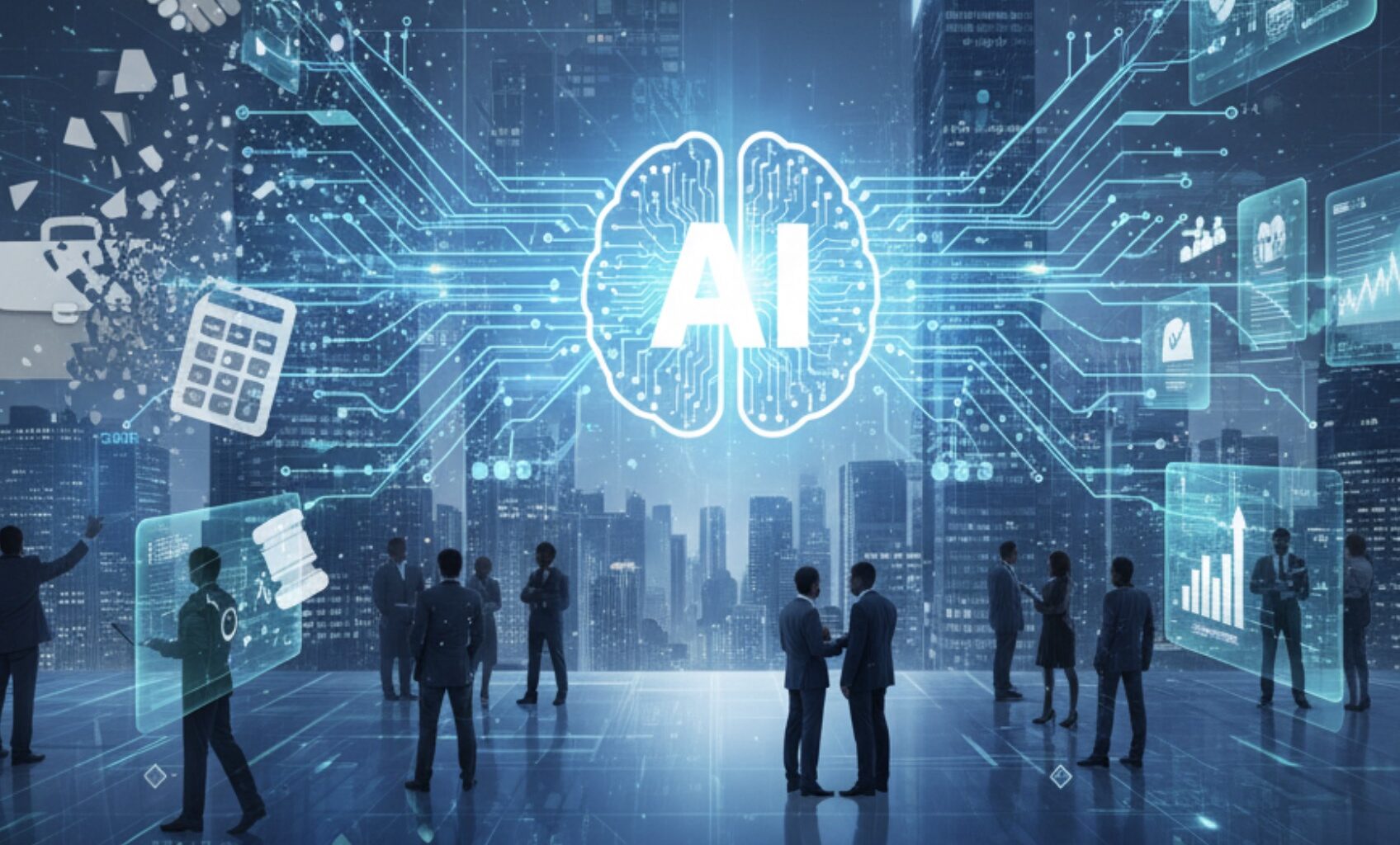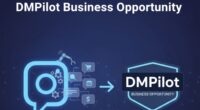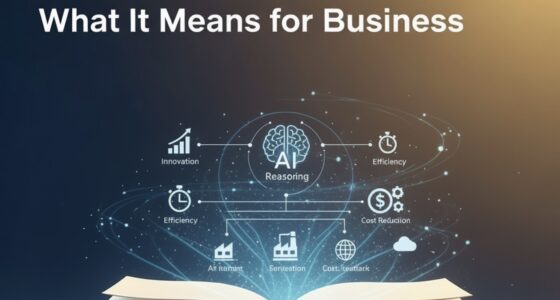The rise of generative AI and large‑language‑model assistants is transforming professional services firms. Consultants, accountants, lawyers and outsourcing providers built their business models on specialized knowledge and armies of junior staff. AI is now automating many of those routine tasks while putting advanced research and analysis tools into the hands of non‑experts. This essay examines how AI is reshaping the professional services landscape and why the value of “experts” may be diminished when everyone is learning AI at the same time.
Automation of routine work
Professional services firms have long relied on junior staff to perform labor‑intensive tasks such as drafting documents, researching case law and processing data. AI is increasingly performing these tasks, freeing senior staff for higher‑value work. RSM, a global audit and consulting firm, notes that professional services firms are integrating AI to streamline document drafting, research and data processing—functions traditionally handled by junior‑level staffrsmus.com. Automation challenges the pyramid structure of consulting; as AI reduces the need for entry‑level roles, firms must redesign how they develop and retain talentrsmus.com.
AI tools are already embedded in daily work at major firms. Business Insider reports that McKinsey consultants use an internal generative‑AI chatbot called “Lilli,” which synthesizes decades of intellectual property to answer queries and has cut research time by about 30 %businessinsider.com. Boston Consulting Group (BCG) uses a tool called “Deckster” to speed up PowerPoint creation, and Ernst & Young uses chatbots to explain pay slips to employeesbusinessinsider.com. Such tools handle administrative tasks that consultants once billed hours for, shifting the focus from preparation to insight.
A leaner consulting model
As AI takes over the grunt work, consulting firms are experimenting with new organizational models. An analysis from Strat‑Bridge explains that the “pyramid”—in which large teams of juniors support layers of managers and partners—is being replaced by a leaner “obelisk” structurestrat-bridge.com. AI automates routine analysis, enabling smaller teams of experienced consultants to work directly with clients and deliver faster resultsstrat-bridge.com. New roles are emerging: AI facilitators set up data pipelines and prompt engineering, engagement architects frame problems and interpret AI outputs, and client leaders cultivate trust and guide decisionsstrat-bridge.com. The middle layer of “analysis for analysis’ sake” will shrink, while judgment, persuasion and leadership become more valuablestrat-bridge.com.
This structural shift reflects a broader trend. RSM observes that firms are moving away from volume hiring toward strategic capability building, prioritizing candidates with AI fluency, data literacy and critical thinking skillsrsmus.com. Instead of hiring large cohorts of graduates, firms are offering junior staff earlier exposure to complex, high‑impact workrsmus.com. Those who can interpret AI outputs, manage ethical implications and adapt to evolving technologies will deliver differentiated valuersmus.com.
Widespread adoption and new skills
The scale of AI adoption in consulting is striking. A survey of 965 Australian small businesses found that 90 % of consulting firms either use AI or plan to adopt it within two yearsbizcover.com.au. Only 12 % expect AI to replace entire job roles, but 54 % believe it will replace specific tasksbizcover.com.au. Crucially, 59 % of firms would consider using AI tools instead of hiring or outsourcingbizcover.com.au, signaling a shift in resource management. Consultants recognise that AI is not just a gadget: 73 % feel optimistic about its ability to enhance productivity and support strategic workbizcover.com.au.
Demand for new skills accompanies this adoption. About 68 % of consulting firms expect AI to create demand for entirely new skills in the next 3–5 yearsbizcover.com.au. Top areas for upskilling include AI, automation and data analytics (47 %), digital literacy (34 %) and creativity and innovation (33 %)bizcover.com.au. RSM likewise highlights that firms are prioritizing AI fluency and data literacyrsmus.com and encouraging continuous learning to remain competitiversmus.com. As AI becomes ubiquitous, the value of an individual’s sector knowledge erodes unless it is combined with the ability to work alongside intelligent systems.
AI agents and the erosion of information asymmetry
Consultants have historically benefited from information asymmetry—possessing analyses and frameworks that clients lacked. Generative AI erodes this advantage by making advanced research and analytics accessible to anyone with a prompt. Euronews reports that AI agents capable of making decisions and performing tasks without human intervention are expected to proliferate in 2025euronews.com. Deloitte predicts that 25 % of companies already using AI will be ready to deploy AI agents by the end of 2025, rising to 50 % by 2027euronews.com. These agents can handle routine inquiries, draft software code or produce prototypes, freeing human workers to focus on strategyeuronews.com.
As AI tools become more powerful and widely available, they compress the knowledge gap between consultants and clients. ChatGPT or similar models can summarise industry reports, draft strategic memos and generate financial models in seconds. When clients can access these tools directly, the consultant’s role shifts from delivering information to interpreting outputs, designing experiments and guiding implementation. Strat‑Bridge notes that firms that rebuild around AI and redefine roles will shape the new consulting modelstrat-bridge.com, while those clinging to traditional structures risk being disrupted by AI‑native competitorsstrat-bridge.com.
Ethical and operational challenges
Although AI promises efficiency, professional services firms face barriers to adoption. BizCover’s survey shows that 10 % of consulting businesses have no plans to implement AI, citing concerns about privacy, data protection and cybersecuritybizcover.com.au. Consultants emphasise the need for strong governance and oversight when introducing AI toolsbizcover.com.au. They must also ensure that AI outputs are accurate and unbiased; 24 % of firms still find AI unimportant to their day‑to‑day workbizcover.com.au, partly because of uncertainty about its reliabilitybizcover.com.au.
Another challenge is managing change. Fast Company argues that AI is accelerating change faster than traditional change‑management frameworks can handle; rigid, top‑down approaches may lead to mistrust and failurefastcompany.com. Effective AI integration requires experimentation, feedback loops and personalized training, as illustrated by a pharmaceutical company that used AI to surface real‑time insights from employee sentiment and adapt its transformation accordinglyfastcompany.com. This human‑centric approach contrasts with the failed rollout at Klarna, where generative AI in customer service replaced hundreds of jobs but led to internal unease and rehiringfastcompany.com. Professional services firms must navigate similar tensions between efficiency and trust.
The evolving role of the expert
Because generative AI is so new, even seasoned consultants are “beginning from scratch.” Everyone—from senior partners to junior analysts—must learn how to prompt, fine‑tune and interpret AI models. In this context, the perceived value of long‑tenured experts may diminish; they no longer hold a monopoly on methods or information. However, their role does not disappear. Strat‑Bridge emphasises that executives still hire consultants to give confidence in high‑stakes moves, validate decisions and unlock progress where internal politics stall actionstrat-bridge.com. Clients seek advisers who can apply judgment, contextualize AI outputs and navigate complex stakeholder environments.
RSM also stresses that proficiency in prompt engineering, ethical interpretation and collaboration with intelligent systems will be criticalrsmus.com. Consultants who cultivate these hybrid skills will remain valuable. The future professional services workforce will likely consist of AI‑enabled experts who combine domain knowledge with technological fluency and human judgment. In this world, expertise is not about memorizing facts but about learning faster than the technology evolves and guiding clients through the ethical, strategic and organizational challenges of AI adoption.
Conclusion
AI is not destroying the professional services industry; it is fundamentally reshaping it. Routine tasks are being automated, structures are flattening and new roles are emerging. The widespread adoption of AI tools, along with predictions that AI agents will soon handle many administrative functions, suggests that information asymmetry is shrinkingeuronews.com. To remain relevant, consultants must move beyond traditional expertise and develop AI literacy, data fluency and ethical judgment. Firms that invest in reskilling and redesign their delivery models around AI will thrive, while those that cling to the old pyramid risk obsolescence. In the age of AI, expertise is less about what you know and more about how quickly you can learn, adapt and guide others.









